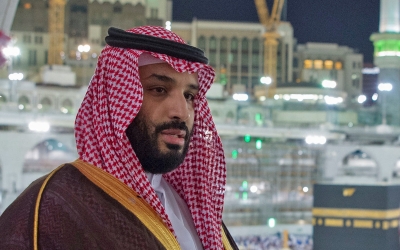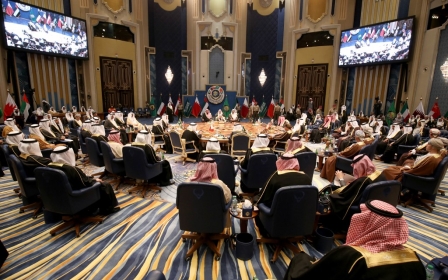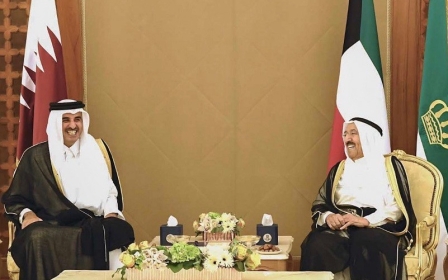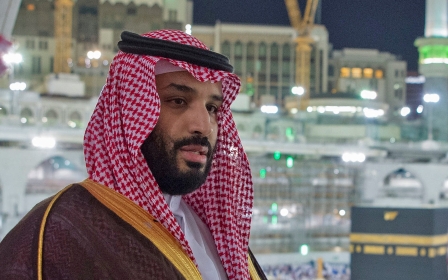Saudi Arabia says reconciliation with Qatar possible if 'right path' is followed
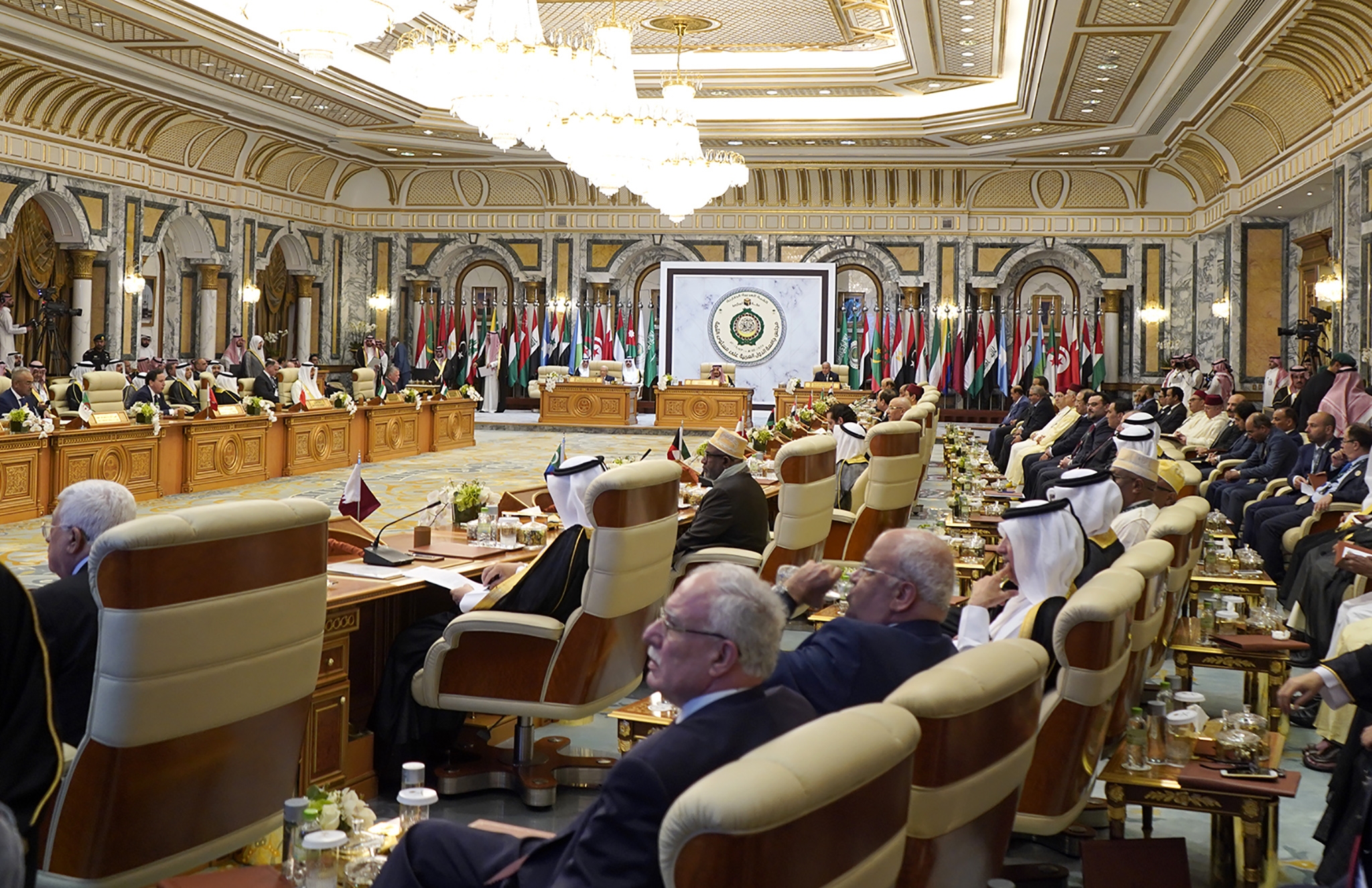
Saudi Arabia's foreign minister has said that reconciliation between his country and Qatar is possible if the latter returns to the "right path".
Speaking during a three-day emergency summit in the Gulf kingdom, Ibrahim al-Assaf said that there could be a negotiated solution to the regional blockade of Qatar, which has been in place since 2017.
Three conferences of the Organisation of Islamic Cooperation (OIC), the Gulf Cooperation Council (GCC), and the Arab League are taking place at the same time, notably to address a recent escalation of tensions between Gulf Arab states and Iran.
"The Saudi stance, like the other countries, is that we are looking for a solution for the causes of the problems and the crisis between these countries and Qatar," he said, according to Al Jazeera.
"Hopefully there will be a solution if Qatar comes back to the right path."
New MEE newsletter: Jerusalem Dispatch
Sign up to get the latest insights and analysis on Israel-Palestine, alongside Turkey Unpacked and other MEE newsletters
Qatar was represented at Friday's meetings by Prime Minister Sheikh Abdullah bin Nasser Al-Thani, Doha's highest-ranking official to visit the kingdom since the blockade began.
Appearing tense, the Qatari official shook hands with the Saudi king but there was no indication of a thaw.
Qatar's Gulf Times newspaper said that Abdullah's presence in Mecca showed the country's willingness to reopen talks.
"Qatar has always been a strong advocate of peace and it supported solving differences through dialogue and mediation," an unnamed analyst was quoted by the newspaper as saying. "Qatar's mediation has led to peace in several parts of the world."
Saudi Arabia and its allies accuse Qatar of supporting militant groups and backing Iran - claims Doha rejects - and they have enforced bans on shipping, trade, direct flights, overflight and land crossings.
The summit coincided with the last few days of the Muslim fasting month of Ramadan, when Mecca throngs with hundreds of thousands of pilgrims.
The summit meetings took place at night, as Muslims break their daytime fasting at sunset.
The United States, which had tried without success to broker reconciliation among its Gulf allies, welcomed Qatar's original announcement that it would attend the summit.
"Gulf unity is essential to confronting Iran's malign influence, it's essential to countering terrorism and, of course, in securing a prosperous future," State Department spokeswoman Morgan Ortagus told reporters.
Middle East Eye delivers independent and unrivalled coverage and analysis of the Middle East, North Africa and beyond. To learn more about republishing this content and the associated fees, please fill out this form. More about MEE can be found here.


